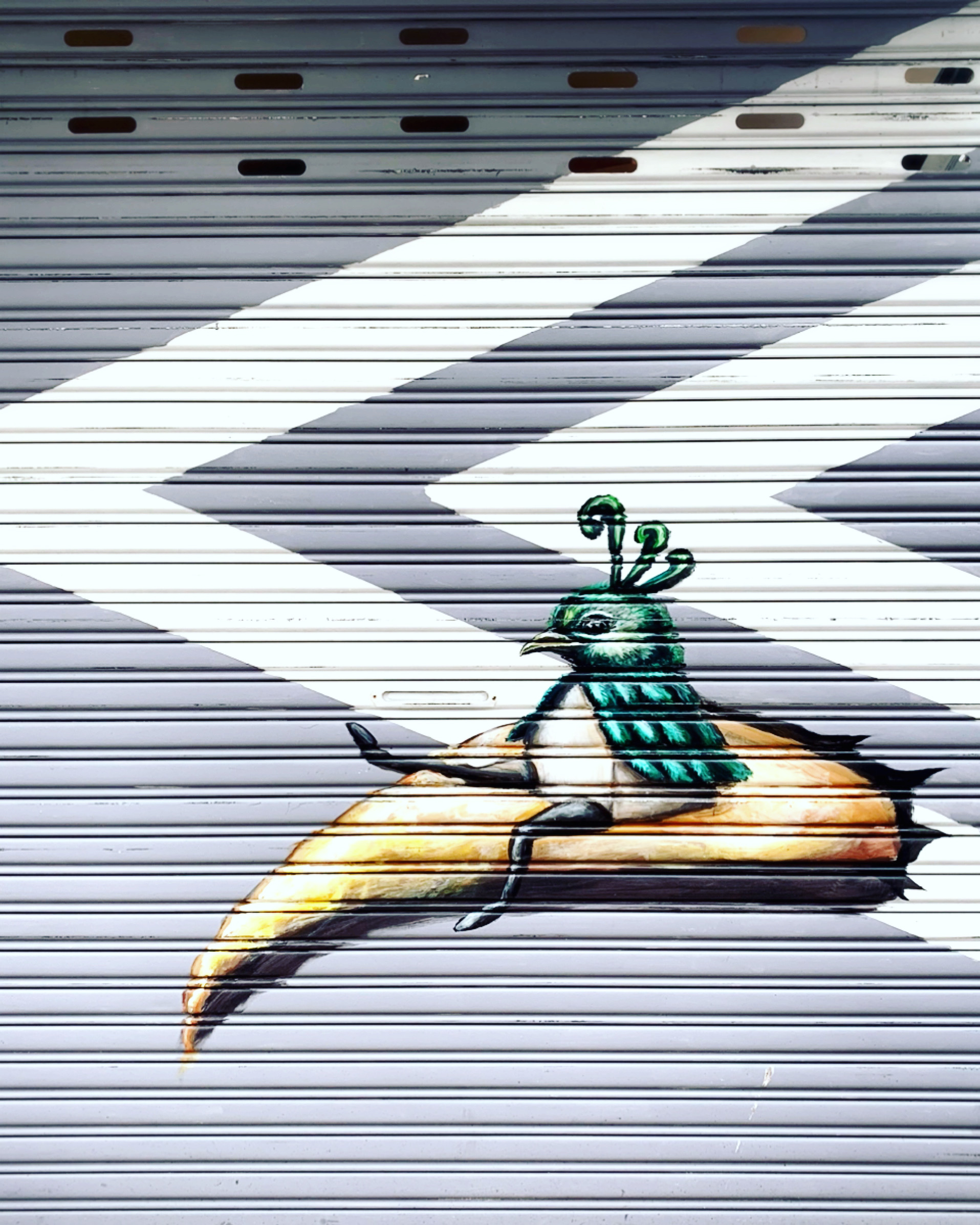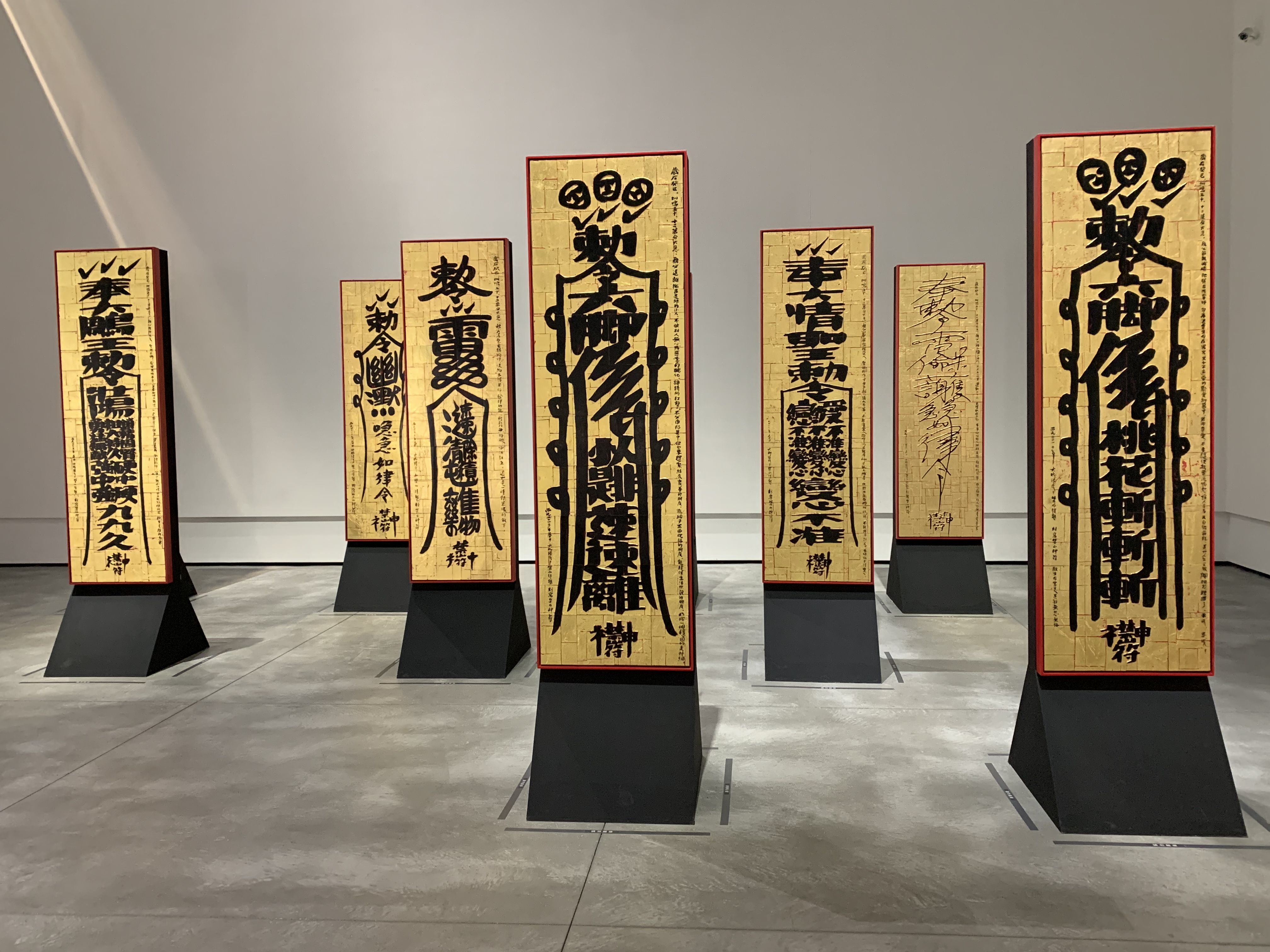
Instead, I want to go straight to why this entire perspective is misinformed at best, intentionally anti-Taiwan at worst. There's nothing particularly new here that Taiwan nerds won't already know; this is essentially me being lazy. Now, the next time I see it (and there will certainly be a next time), I'll just link this. And now you can too!
Below, I've broken down the (bad) points I've come across and why they're wrong. Variations exist, but they all seem to point back to these main categories of argumentation.
The territory of the Republic of China according to its existing national boundaries shall not be altered except by resolution of the National Assembly.
This article is extremely biased to the point of affecting the quality of the scholarship, but it offers up a real quote from Lee and a taste of how angry China chose to be:
According to the transcript released by Taipei, Lee said that since 1991, when the ROC Constitution was amended, cross-strait relations had been defined as "state-to-state," or at least "a special state-to-state relationship." Cross-strait relations, he maintained, shall not be internal relations of "one China," in which it is a legal government vs. a rebel regime, or a central government vs. a local one. Lee's controversial statement, not even known beforehand by Su Chi, Chairman of Mainland Affairs Council (MAC), sent shock waves to Washington as well as Beijing. [Note: Su Chi is the same guy who fabricated the "1992 Consensus" well after 1992].
For Beijing, Lee Teng-hui's "two-state" theory was identical to the claims by Taiwan independence forces, that treated Taiwan and the mainland as two separate states. Lee had completely abandoned the unification guidelines of 1991, not even paying lip service to the one-China principle. The spokesman of the State Council's Taiwan Affairs Office criticized Lee for playing with fire....In Beijing's eyes, Lee had made an open and giant step towards independence. The "state-to-state relation" theory went beyond the limit of "creative ambiguity" around the one-China principle and represented a major shift towards de jure independence.
Often forgotten is this: Tsai Ing-wen, now the President of Taiwan, wasn't just influenced by Lee's shift, she helped craft it:
Back in the 1990s, as a law professor, Tsai gave Lee's government legal advice on the island's diplomatic relationship with Beijing, playing a key role in forming Lee's "two-state" policy that depicted Taiwan and mainland China as different countries.There was a strong bond between the two. Lee saw Tsai as a disciple, while the current president considered her mentor as the defender of democracy on the island.
“We don’t have a need to declare ourselves an independent state,” Tsai told the BBC. “We are an independent country already and we call ourselves the Republic of China, Taiwan.
People tend to overlook this now (especially when it’s convenient to forget when one is making a unificationist, anti-Taiwan argument), but Lee’s policy shift was groundbreaking. In effect, it ended the illusion that the “Republic of China on Taiwan” controlled or had any practical claim to what we commonly conceive of as “China”.
For Taiwan to “think it’s the real China”, therefore, most Taiwanese would have to agree that Taiwan is the real China, and that they are therefore Chinese in some sense (whether that’s cultural, historical, political or ethnic — many of these being social constructs and not hard-and-fast categories).
It’s noteworthy that an impressive majority – almost 75 percent – continue to believe that Taiwan is already an independent country called the Republic of China....For the first time, a plurality of respondents (47.5 percent) now believe that Taiwan independence is more likely than unification.
This simply means that there is little to no support for unification, but quite a bit of support for Taiwan continuing to govern itself, while expressing a desire to live in peace. That is, not start a war for formally recognized independence when Taiwan already has most of the practical benefits of it. When Taiwanese say they're against changes that China would choose to be provoked by, it's likely (but not always) the threat of war that they're reacting against. Even those who don't mind the name are aware that "the Republic of China" is never going to "re-take the Mainland."
It means there is a national consensus: Taiwanese identity is not only a thing, it's the sole identity of the vast majority in Taiwan, and that unification is not desired. However, peace is. Therefore, continued self-governance while keeping the peace is what you're really showing when you say Taiwanese "prefer the status quo".
Think about it: do you honestly believe that if the threat from China disappeared tomorrow, that Taiwan would (after perhaps a small domestic scuffle) want to continue to claim to be "the real China" and keep those parts of the constitution as-is? You know it wouldn't.
"But Taiwan has agreed that it's a part of China as it accepted the Republic of China system!"
If you want to make this argument, please provide references as to when exactly the Taiwanese people were asked if they'd like to host the Republic of China. Chiang Kai-shek made his appeal at Cairo, not to Taiwan. Then, he showed up and didn't exactly ask if his government was welcome. It's true that at the time many Taiwanese did welcome the KMT. It's hard to know how many of the celebrants were sincere and how many were made to go wave a flag, but we can safely assume that there were some of each. Then, the KMT did a horrible job and the people quite rightly protested this. Sure, after decades of brutality and mass murder and forced cultural and linguistic imperialism towards "Chineseness", Taiwan finally forced the KMT to accept democratization and had Lee Teng-hui as a helping hand in the establishment -- eventually, anyway.
But while Taiwan got democracy, the people have never gotten the chance to decide whether they wanted to keep the Republic of China structure under which that democracy exists. What's more, every major decision made regarding Taiwan's status was made when the dictatorship was still in place. Leaving the UN and other reactions to the loss of formal recognition, refusing to participate in the Olympics as Taiwan, even the meetings in 1992 that did not lead to a consensus were all done by a dictatorship from China ruling the country under Martial Law while incarcerating, disappearing or executing anyone who objected.
If you think any of this was a "choice" of the Taiwanese people when it was done long before they were allowed to vote for their national leaders, read a book.
Even now, when you see people wavering on Taiwan/China issues, it's almost always due to the threat of war. If you want to know what people really think, ask them what they'd prefer if they could have it without China dropping bombs on them.
Quick update: I quite liked this comment on Twitter:
2/5 These two may coexist alongside each other without conflict. This is the case in modern democratic constitutional monarchies: the head of state has roles that may by symbolic, administrative and to a limited extent political.
— Franta Prkno (@PrknoF) September 2, 2021
The whole thread is worth reading, but this is the point I wanted to include. It makes sense: the Queen of England exists for symbolic/historical reasons, and it would be a problem if she actually tried to run the government. Everybody knows this.
But imagine if there was a large, hostile country just off the coast of England who insisted that England pretend the Queen of England was the true head of government -- not some symbolic relic -- rather than the Prime Minister and Parliament, and failing to keep up the pretense would be grounds for invasion. And there was a small but vocal minority of English people who actually believed it, enough that supporters of this country threatening England could point to them and say it's actually all England's fault even when most people know the whole thing is a farce.
Weird, right?
Well, that's pretty much the position that Taiwan is in vis-a-vis the ROC and China.









